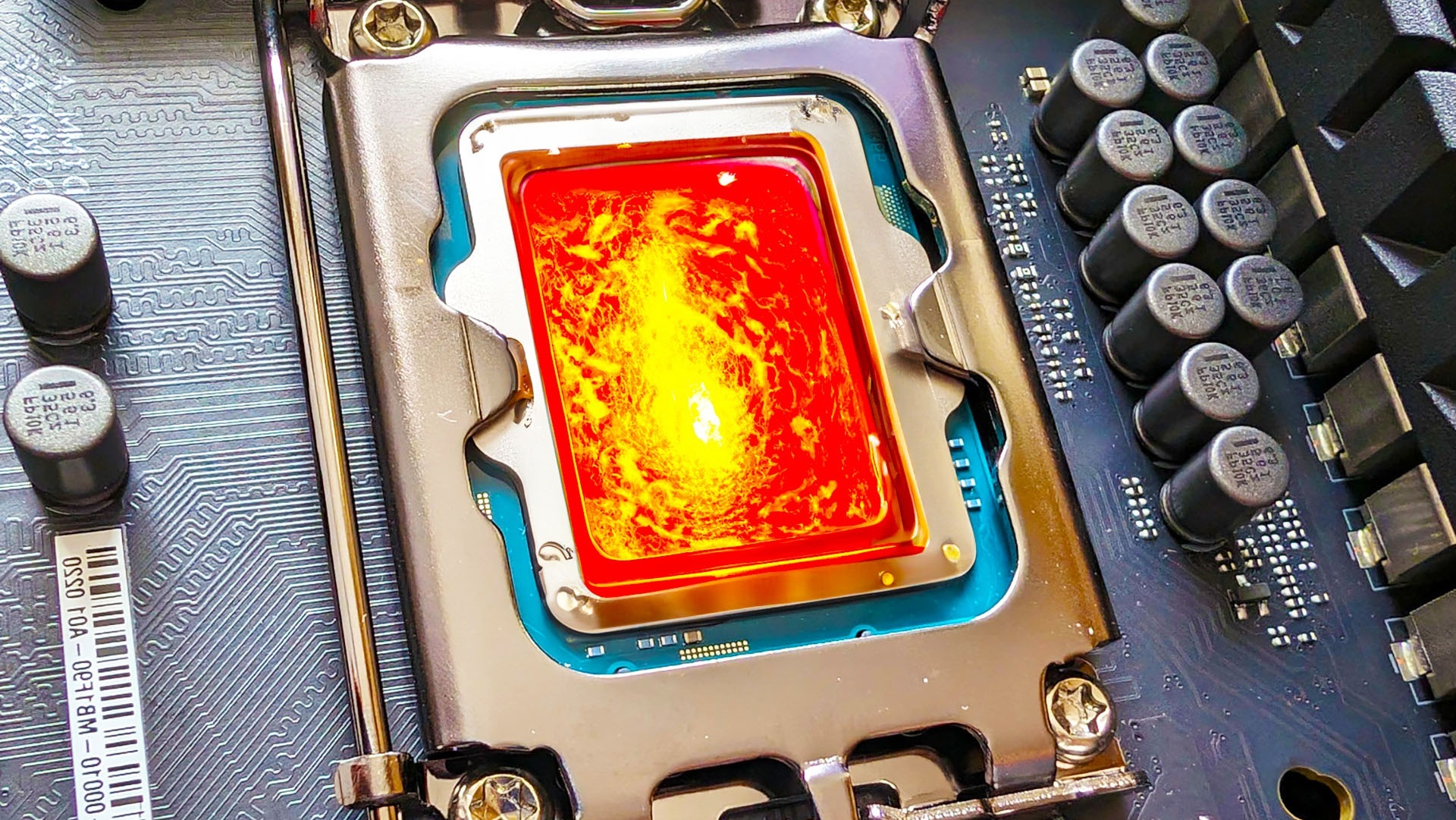Universities have been running Linux since the very early versions. Slackware was pretty common back in the 90s and 2000s and universities had labs full of them not least because there weren’t really laptops so they had to have enough machines for all the students. Universities have been heavily involved in the development of unix from its inception and a lot of the tools were initially written by university professors.
BrightCandle
- 2 Posts
- 14 Comments

 21·1 month ago
21·1 month agoThis has been ridiculous. I have no idea how long my CPU will last and whether it will just randomly start failing. Intel has run out of spares and it seems to have had so many stabs at fixing the problem now that if we believe this is really the last one we are the fools.
These CPUs need a recall.

 81·1 month ago
81·1 month agoA right to repair is long overdue but more than that when it comes to medical devices it’s obvious battery replacement is going to be necessary and should be user accessible.

 9·2 months ago
9·2 months agoHaving now flooded the internet with bad AI content not surprisingly its now eating itself. Numerous projects that aren’t AI are suffering too as the quality of text reduces.

 21·2 months ago
21·2 months agoTwitter is defined entirely by what is followed, you can stay completely out of the toxic far right stuff and block those that don’t know where they are. There are still plenty of sub communities there that exist no where else and you can control your feed better than Lemmy and other forum like systems. Twitter overall is declinimg but it’s not the full picture because what is happening doesn’t impact lots of people who use the platform that much.

 14·2 months ago
14·2 months agoThey are a lot more expensive than expected at the moment, once they start selling at the 30$/KWh they were proposed at they will be fantastic but if they stay at their current price LFP is going to be a lot cheaper.

 142·3 months ago
142·3 months agoThe first attempt of many, the tech industry will normalise a subscription model alongside the hardware they just need to find the right justification that doesn’t have universal push back. It worked for games, the trojan horse used was (often token) multiplayer addition and it will work in hardware too once they find the right combination.

 283·3 months ago
283·3 months agoAMD has unfortunately a long history of abandoning products before its reasonable on its graphics division. Its not really acceptable, up until earlier this year my NAS/server was running a 3600 and its only for power saving purposes I changed that as its still a very workable CPU in that role.

 22·3 months ago
22·3 months agoThat doesn’t produce any practical competition however. Some vertical splitting of the search business seems reasonable so we end up with multiple companies doing search out of it.

 4·3 months ago
4·3 months agoThe law comes in two parts, the actual written bit that says what it is and the enforcement. Most people consider the first part what is necessary and lobby hard for it but really the most important bit in a practical sense is how it gets applied and enforced, without which the law is worthless. In many countries one way to defang laws is simply underfund the legal system or quangos that do the enforcement, another is putting someone in charge at the attornies office who de-prioritises those cases. The law as written isn’t worth the paper/bytes its written on unless there is a plan for enforcement that doesn’t involve every poor person using the rich mans legal system against giant corporations with infinite defence money.

 17·4 months ago
17·4 months agoHe is just a continuous liar, its about taxes it always is.

 5·4 months ago
5·4 months agoIt really depends on the project. Some of them take breaking changes seriously and don’t do them and auto migrate and others will throw them out on “minor” number releases and there might be a lot of breaking changes but you only run into one that impacts you occasionally. I typically don’t want containers that are going to be a lot of work to keep up to date so I jettison projects that have unreliable releases for whatever reason and if they put out a breaking change its a good time to re evaluate whether I want that container at all and look at alternatives.
So no its not safe, but depending on the project it actually can be.

 4·4 months ago
4·4 months agoLinux was in use on some university machines although I lot of them were still running Sun hardware OS. The main distribution I used at the time was Slackware.



Depends on the headset, they don’t all work on Linux unfortunately.